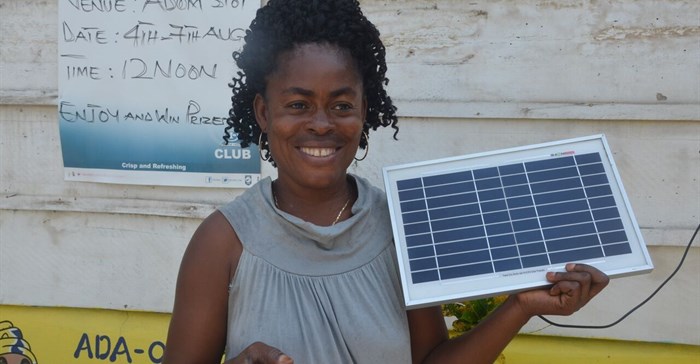
Top stories




At an event bringing together key government and business players, Ghana’s Ministry of Finance and the UN-based Better Than Cash Alliance released a report documenting the country’s progress in creating an economy where everyone can pay and get paid digitally, instead of with cash.
The results show the country has made significant gains, including almost 100% of government payments to people and payments within the government now processed digitally. The findings also reveal there are opportunities for providing more choice to customers.
This move is already translating into direct benefits to people, particularly women, support for small businesses and cost savings for the government. The data also predicts that if the government continues to make progress, savings could reach over GHS 250 million (nearly $60 million) each year, which may result in more than GHS 1 billion ($230 million) by 2020.
“The future really is digitisation and how we can leverage on it for the benefit of our citizens. This is why digitising initiatives such as our flagship conditional cash transfer program Livelihood Empowerment Against Poverty (LEAP) is a key milestone,” said Ken Ofori-Atta, Minister for Finance of the Republic of Ghana.
“We recognise that there is still more work to do to transition most of the country away from cash. Yet with great potential for cost savings and opportunities to increase transparency and accountability, we cannot afford not to,” the Minister added.
The report provides key insights on the status of digital payments in Ghana and tangible recommendations on how to successfully move forward. In particular, three priorities emerged to help the government and citizens achieve the most benefits:
“We want to congratulate the Government of Ghana for its leadership in building the foundation for an economy less dependent on cash. Under this leadership, the country is making considerable strides to improve transparency, accelerate opportunities for economic growth and empower women by bringing them into the formal financial system,” said Dr Ruth Goodwin-Groen, managing director of the Better Than Cash Alliance.
“Ghana is at a tipping point in its shift to digital payments. We at the Better Than Cash Alliance look forward to continued work with our colleagues across the digital ecosystem in government, companies and international organisations to continue this great progress.”
Read the full Ghana Diagnostic report here, with recommendations on how to accelerate Ghana’s journey towards building an inclusive digital payments ecosystem.

APO is the sole press release wire in Africa, and the global leader in media relations related to Africa. With headquarters in Dakar, Senegal, APO owns a media database of over 150,000 contacts and the main Africa-related news online community.
Go to: www.bizcommunity.com/PressOffice.aspx?cn=apogroup